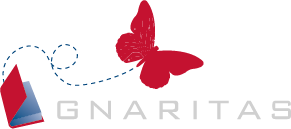A few months ago, John Cleave of Experience Builders commented on the phrase “social learning” as it is bandied about the e-learning industry. We don’t mention the phrase on our site, but that doesn’t mean we don’t believe in the merits of the theory in its classic sense.
The social context within which people actually do things is quite different from the context of sitting in a classroom or taking an e-learning course. Ignoring this difference certainly weakens the impact of any educational effort.
On the other hand, “social learning” as a two word justification for building a blog or wiki or Web 2.0 whatnot is not likely to yield positive results. It’s little more than the hope that: “user generated content” can create “user generated learning” without the need for instructional design.
So, how can social web tools effectively be used to enhance and improve learning? We’re currently working through a number of the issues; one thing we’ve landed on as an essential component is the creation (or identification) of a common challenge which creates the context for learning. Communities of practice are not created in a vacuum.
Here are some links Tony Karrer collected on the use of Wikis and-learning and a quick link to Etienne Wegner’s Communities of Practice page.
